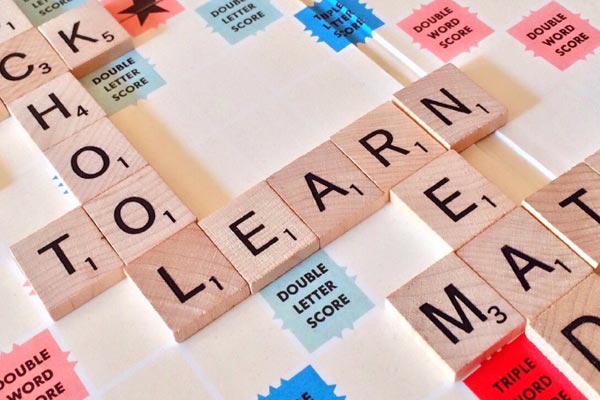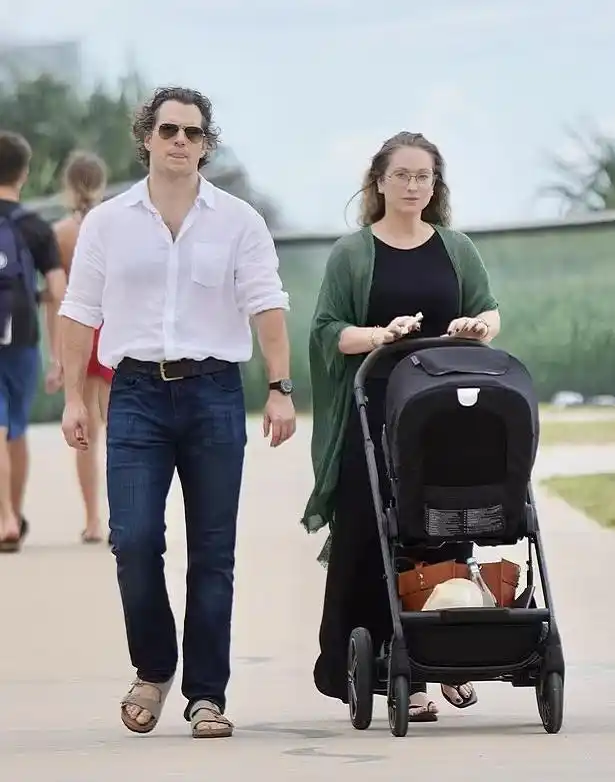- 重点词汇
- were be的过去时复数和第二人称单数形式;有时代替 was,用于条件从句、动词 wish 之后等;
- theirdet.他们的;她们的;它们的;(在提及性别不详的人时,用以代替his或her);
- chainsn.链( chain的名词复数 );连串;连锁店或旅馆;一系列的事物;
- dogsn.公狗( dog的名词复数 );(尤用于形容词后)家伙;[机械学]夹头;不受欢迎的人;
- stretchv.伸展;拉紧;绵延,延续;足够买/支付;消耗;使极尽所能;
- andconj. 和,与;而且;于是,然后;因此;
- theart.这个;指已提到或易领会到的人或事物;指独一无二的、正常的或不言而喻的人或事物;用以泛指;与形容词连用,指事物或统称的人;用于姓氏的复数形式前,指家庭或夫妇;(指特定用途的事物)足够,恰好;每,一;当前的,本,此;(重读,表示所指的为知名或重要的人或事物)
- leapingn.跳跃;
- growlingadj.咆哮的,隆隆响的;
- at the fulladv.在充满的时候;
- 相关例句
All the wheels of the truck were tied up with iron chains to avoid skidding on the ice road.
大卡车的所有轮子上都捆上了铁链,以防止在结冰的路面上打滑.
《用法词典》
She suffered only minor injuries after being cut free with a chainsaw.
在用电锯把树锯开,获救后,她只受了一点点伤.
网络文摘精选
They dug holes in the backyard, pored over heaps and used a chainsaw to clear vegetation.
他们在后院挖洞, 仔细检查垃圾堆,还用链锯清理了草木.
网络文摘精选
The boy sprang up out of the chair as soon as he heard the doorbell ring.
那孩子一听到门铃响,就从椅子上跳起来.
《简明英汉词典》










